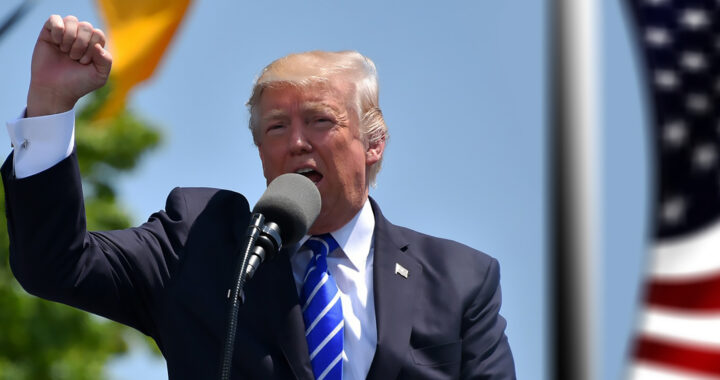The upcoming inauguration of the second term of Donald Trump on 20 January 2025 has made headlines due to billionaires pledging millions of dollars to support the event. This is not entirely new. Heads of large companies and wealthy American families have been donating to presidential inaugurations since the 20th century. Most of the reasons rest on relationship-building but some also depend on the pervading political context.
Why Billionaires Are Funding The Second-Term Inauguration of Donald Trump?
History and Background
The inauguration of the new President of the United States has not always been as expensive as it is today. The first inauguration under the new administration of George Washington in 1789 was a simple affair. There was no grant public event. Most inaugurations in the 19th century were also modest and limited to a swearing-in ceremony and a small inaugural ball. However, beginning with Franklyn Roosevelt in 1933, the event has since become larger and more public.
Cots increased with the growing scale and complexity of inaugurations. The first inauguration of Barack Obama in 2009 cost an estimated USD 170 million. This reflected the need to manage and ensure the security of the record-breaking crowd attendance. The first inauguration of Donald Trump in 2017 raised over USD 100 million in private funds on top of public funds although the crowd was fewer and the event was less elaborate than the inauguration of Obama.
Funding for a presidential inauguration comes from two main sources. Taxpayers cover the cost of the swearing-in ceremony. The allocated public fund is overseen by the Joint Congressional Committee on Inaugural Ceremonies. A separate entity formed by the team of the president-elect called the Presidential Inaugural Committee to raise funds from private donors to cover the costs of inaugural balls, public performances, parades, and other celebratory events.
Second-Term Inauguration of Trump
The upcoming second-term inauguration of President-elect Donald Trump has garnered financial backing from prominent billionaires. Mark Zuckerberg of Meta Platforms was reported pledging USD 1 million for the event. Amazon also offered the same amount and offered to stream it live. Sam Altman of OpenAI was also reported to donate USD 1 million. Uber and its chief executive Dara Khosrowshahi each donated USD 1 million for a total of USD 2 million.
Remember that private donations for a presidential inauguration are not new. However, the circumstances in the upcoming inauguration of Trump are quite different. Amazon, for example, has ramped up its generosity from USD 58000 for Trump in 2017 and USD 372000 for Biden in 2021 to USD 1 million for the second-term inauguration of Trump. Note that Trump has also held the record for receiving the largest inaugural fund donations for his first term in 2017.
The donations come with immediate perks. A donation of at least USD 1 million entitles the donor to tickets to eight different events. These include a dinner event with the vice president, the actual swearing-in ceremony, hotel accommodations, and the main inauguration ball. Donors essentially will have direct interactions not only with the president and the vice president but also with other prominent politicians and incoming officials of the incoming administration.
Reasons for Donating
Donating is often seen as an endeavor to maintain and build relationships with the incoming administration. Affluent families who supported the president-elect earlier in the campaign also often donate to the inauguration fund. It can also serve as a means to mend relationships. Jeff Bezos had a contentious relationship with Trump. Meta had banned him before. Both Bezos and Zuckerberg were seen meeting with Trump at Mar-a-Lago on separate occasions.
The ramped-up donations from tech companies also suggest optimism toward the incoming Trump presidency. Several observers and figures in the tech community perceive the outgoing Biden administration as hostile to the entire tech industry. Trump appears to be less adversarial toward segments like social media and artificial intelligence. Critics consider these donations as attempts to either align with the new administration or avoid regulatory backlash.
Donald Trump also tends to be too personal in his professional relationships. Donations from corporations can be seen not only as an attempt to earn favor or purchase influence but also avoid retaliation from an influential but vindictive figure. Hence, based on the previous tirades of Trump with prominent personalities, as well as his previous and pronounced plans, donations can be seen as an attempt not only to advance business interests but also to ensure self-preservation.
